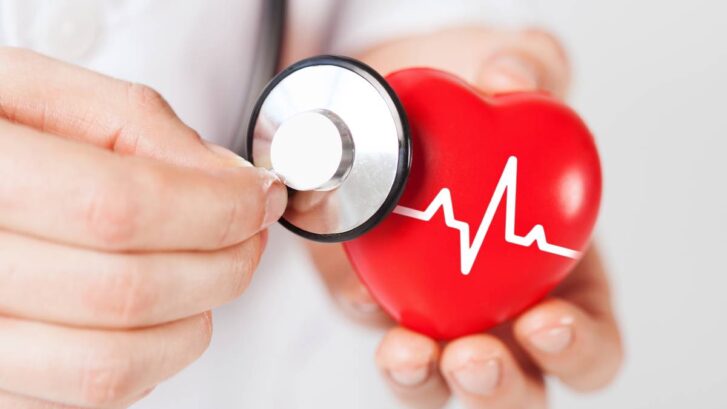Regular Cardiac Health Checks: Even Without Apparent Heart Issues
The heart is the symbolic and biological epicenter of our existence, powering life as we know it. With each beat, this robust muscle keeps blood coursing through our veins, supplying vital oxygen and nutrients to all of our organs.
Whether you’re an exercise enthusiast or a confessed couch potato, whether you’ve been diagnosed with a heart condition or not, it’s crucial to regularly check your cardiac health. But why is it so important, particularly if you’re not exhibiting any obvious signs of heart disease? This blog aims to answer that question, highlighting the reasons why routine cardiac health checks are indispensable, regardless of your heart disease status.
- Prevention is Better Than Cure
One of the primary reasons to conduct regular cardiac health checks is to spot potential problems before they escalate. Even in the absence of symptoms, certain risk factors—like high blood pressure, high cholesterol levels, diabetes, or being overweight—can silently affect your heart health. These conditions can gradually lead to serious heart problems, often without presenting any noticeable symptoms until the damage is significant.
- Early Detection Saves Lives
Heart disease remains the leading cause of death globally. What’s particularly troubling is that many who succumb to heart-related conditions showed little to no prior symptoms. Regular cardiac health checks facilitate early detection, increasing the likelihood of successful intervention and treatment. The sooner a potential issue is identified, the more options there are for treatment, and the better the outcomes generally are.
- Heart Disease can be Stealthy
Symptoms of heart disease aren’t always as dramatic as what we see in movies. In reality, heart disease often sneaks up silently, and its symptoms are sometimes mistaken for less serious conditions like indigestion or stress. Regular check-ups can help uncover these stealthy conditions, ensuring that any issues are treated promptly and effectively.
- Lifestyle Impact
Modern lifestyles are increasingly sedentary and stressful, which can negatively impact our cardiac health. Regular monitoring provides a reality check and an opportunity to modify these lifestyle factors. Simple adjustments, like regular exercise, a balanced diet, stress management, and quitting smoking, can significantly improve cardiac health.
- Genetic Predisposition
Even if you’re currently heart-healthy, you may be genetically predisposed to heart disease. If a close family member has experienced heart disease, particularly at a young age, your risk is higher. Regular cardiac health checks help track any changes over time and help you manage your risk effectively.
- Aging and Heart Health
As we age, the risk of heart disease increases due to the natural wear and tear of the heart and blood vessels. Regular check-ups can help monitor the aging heart and implement necessary precautions and treatments to keep it healthy.
In conclusion, maintaining regular cardiac health checks, even if you have no existing heart issues, plays an essential role in overall health maintenance. Your heart may be silently shouldering the burden of lifestyle, genetic factors, or hidden conditions. Our concierge doctors in Jupiter often encourage our patients to check with various specialists even if they have no symptoms for these exact reasons. Uncovering these potential issues before they become problematic can add healthy, quality years to your life.
It’s time we started prioritizing our heart health the same way we do our professional growth or personal development. Remember, it’s never too early or too late to start taking care of your heart. After all, a healthy heart is a happy heart.



